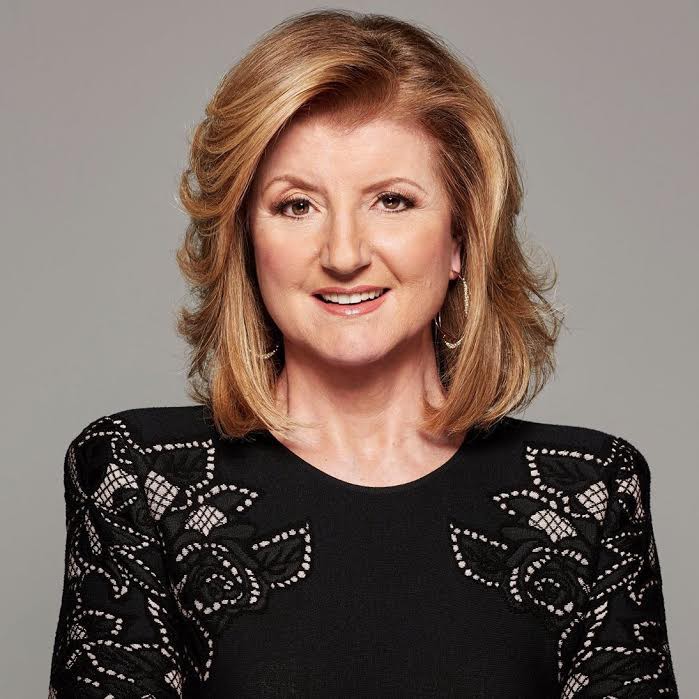Stress and burnout are on the rise, as leaders and employees alike struggle to keep up with the relentless pace of business. But there’s another way. Arianna Huffington, founder of the Huffington Post, has turned to tackle work-life issues with Thrive Global, a media platform that seeks to improve both well-being and performance. In this interview with McKinsey’s Rik Kirkland, Huffington discusses how to disconnect from technology to reconnect with ourselves, as well as why supportive policies might help companies get ahead. An edited version of her remarks follows.
Interview transcript
Technology has had some incredible, unintended consequences. It has invaded every aspect of our lives. What we are losing is the ability to truly disconnect from technology and reconnect with ourselves.
Health as a competitive advantage
[We’re talking about] $300 billion in indirect healthcare costs, $500 billion in disengagement, and more than 70 percent of companies describing stress as a top problem in the company — and this is all within the United States. This is a huge problem in China, in Japan, in South Korea, and all over Europe. It is truly a global epidemic.
What gives me optimism is that the companies and the leaders that are ahead of the curve, that are introducing a lot of these policies in their companies and seeing the results, are going to have an incredible competitive edge.
More-effective leaders
The first step is to become conversant with the science. If we continue to congratulate employees for working 24/7 or for being always on — then we are ignoring the science. We are ignoring the fact that they’re operating in an impaired state, that being up for 24 hours is the cognitive equivalent of being drunk.
My goal is to create new role models, and to bring business leaders, media leaders, and country leaders who are admired, and have them talk about how, in fact, when they prioritize their own well-being — when, as they tell us on airplanes, they put their own oxygen mask on first — they’re more-effective leaders.
How to disconnect
The standard practice when somebody goes on vacation is to put an out-of-office message on, and you get that truly useless out-of-office email from someone. Then five minutes later, more often than not, you get an email. Because we’re all kind of programmed, once we see an email, to respond.
So Thrive Global created an app that allows you, if you opt in as an employee or as an individual, to have your emails deleted during vacation. Suddenly, you have this magical experience of zero emails in your inbox for the duration of your vacation. And everybody who’s done that, including me, can testify to the fact that you return to work deeply recharged.
I’m now convinced that a good day begins the night before. I like to end my day with a 30-minute transition to sleep; I give myself a half hour, when I turn off my devices. One of the first products that we produced is a charging station that looks like a bed. Because human beings learn through ritual, we leave it outside everybody’s bedrooms. The goal of that is to educate children, that from the time they get a phone, that their phones should not be on their nightstand.
The vast majority of people now keep their phones on their nightstand, and the excuse is that they need them to wake them up. Well, I think there are some beautiful old-fashioned alarm clocks for that. As we see the rise in stress, anxiety, and depression among teenagers and millennials, we realize that there’s a direct connection between our ability to disconnect and mental-health issues.
Rik Kirkland is the senior managing editor of McKinsey Publishing and is based in the New York office.
Originally published at www.mckinsey.com.


